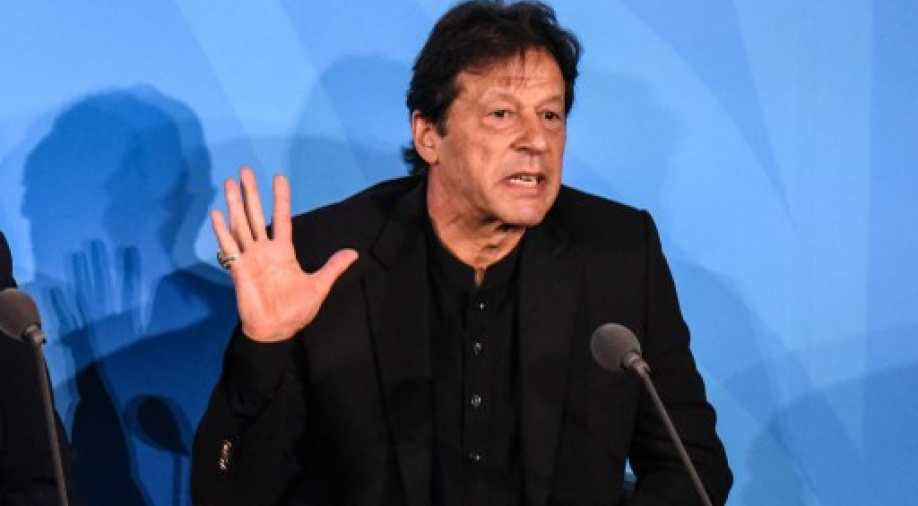Islamabad: With Pakistan Army chief General Qamar Javed Bajwa’s three-year extension in limbo, Prime Minister Imran Khan chaired Wednesday an emergency Cabinet meeting along with the top general to discuss the legal implications of a major Supreme Court ruling Thursday and possible scenarios.
In an unusual move, Pakistan’s Supreme Court suspended Tuesday until Wednesday the government notification of August 19, reappointing Bajwa, who was due to retire n November 29, for another three-year term as the Chief of the Army Staff (COAS).
The government’s legal team briefed the prime minister and his Cabinet over objections raised by the apex court during Wednesday’s hearing, ‘The Express Tribune’ reported. Bajwa also attended the meeting being held at the PM Office.
The high-level meeting is called to consult on amendments made in rules of the Army Act, the report said.
The Supreme Court after hearing the matter Wednesday adjourned the hearing in the case until Thursday.
The three-year term of Bajwa as the COAS is ending Thursday at midnight. He will be able to continue his service as the COAS if the Supreme Court decides the case in his favour before November 29, ‘Dawn News’ said.
Soon after the surprise move by the apex court, the Cabinet approved a new notification for ‘extending’ the tenure of Bajwa, hours after the Supreme Court suspended a notification issued by the government, August 19, raising legal questions regarding his reappointment as the COAS.
Later, senior Cabinet members, Education Minister Shafqat Mahmood and Railways Minister Sheikh Rashid, along with Prime Minister’s special assistant Shahzad Akbar, told reporters that the Cabinet has decided to withdraw the August 19 notification on the reappointment of Bajwa as the army chief in view of the Supreme Court observations and approved a new notification.
The powerful Pakistan Army, which has ruled the country for more than half of its 70 plus years of existence, has wielded considerable power in deciding matters concerning security and foreign policies.
PTI
